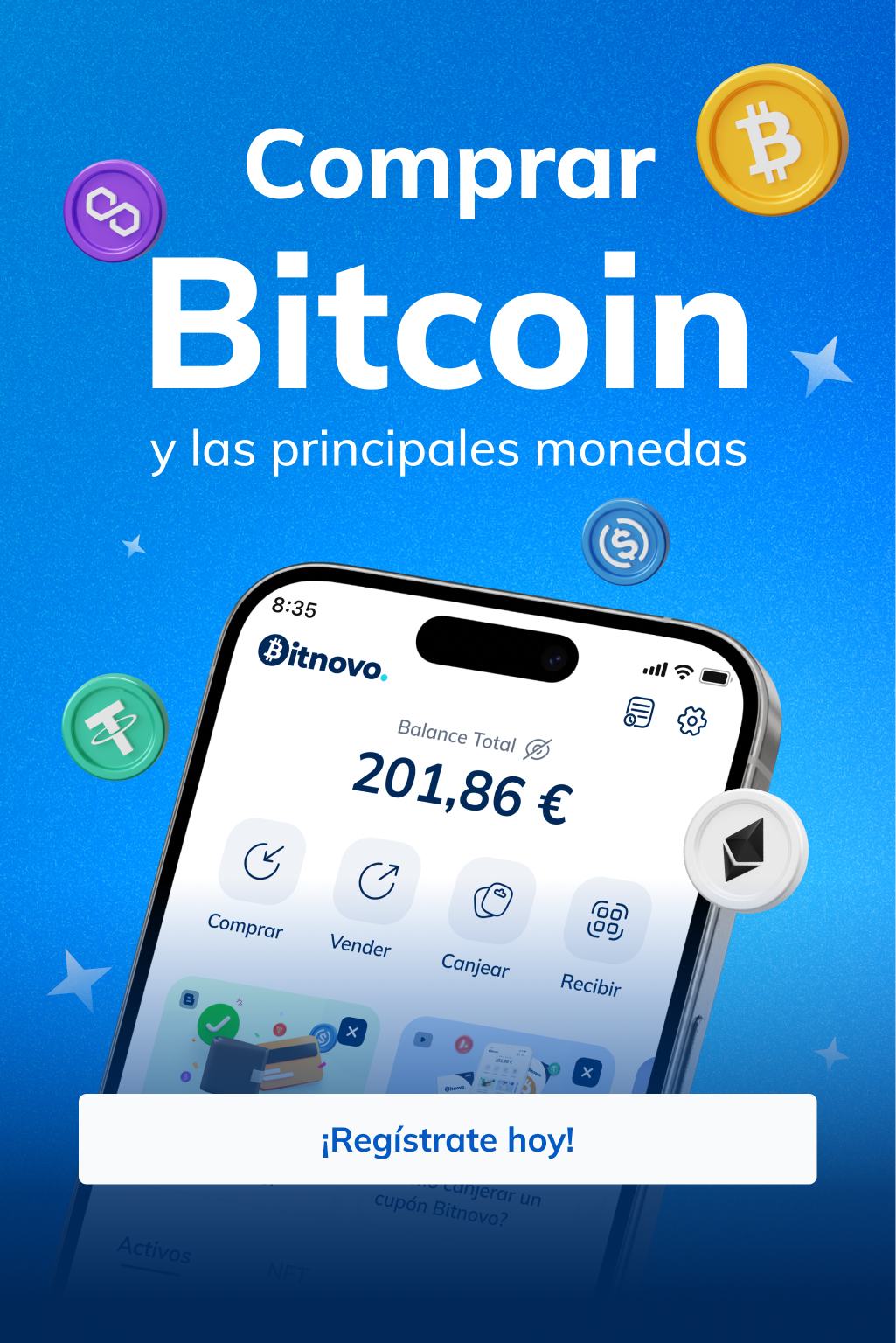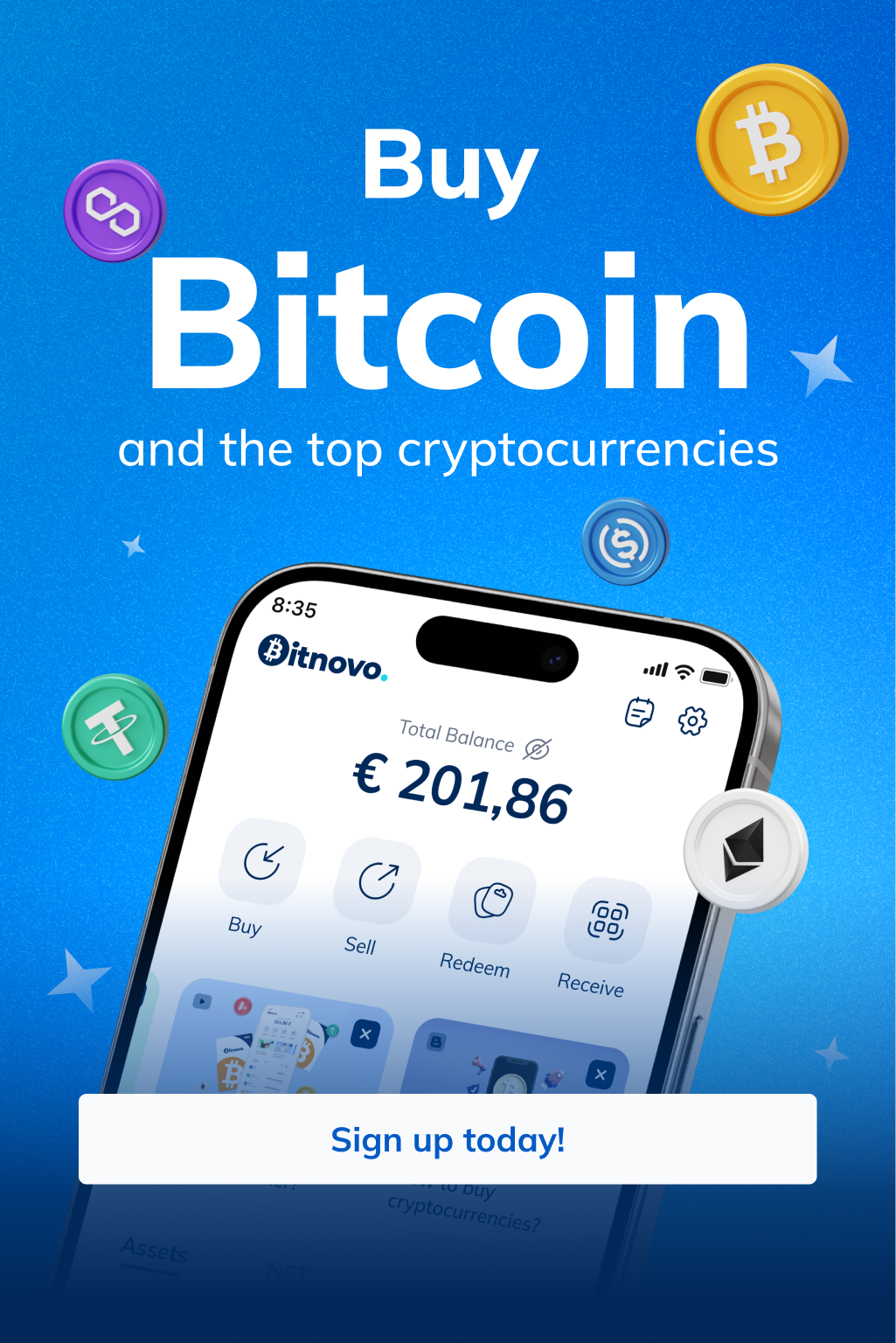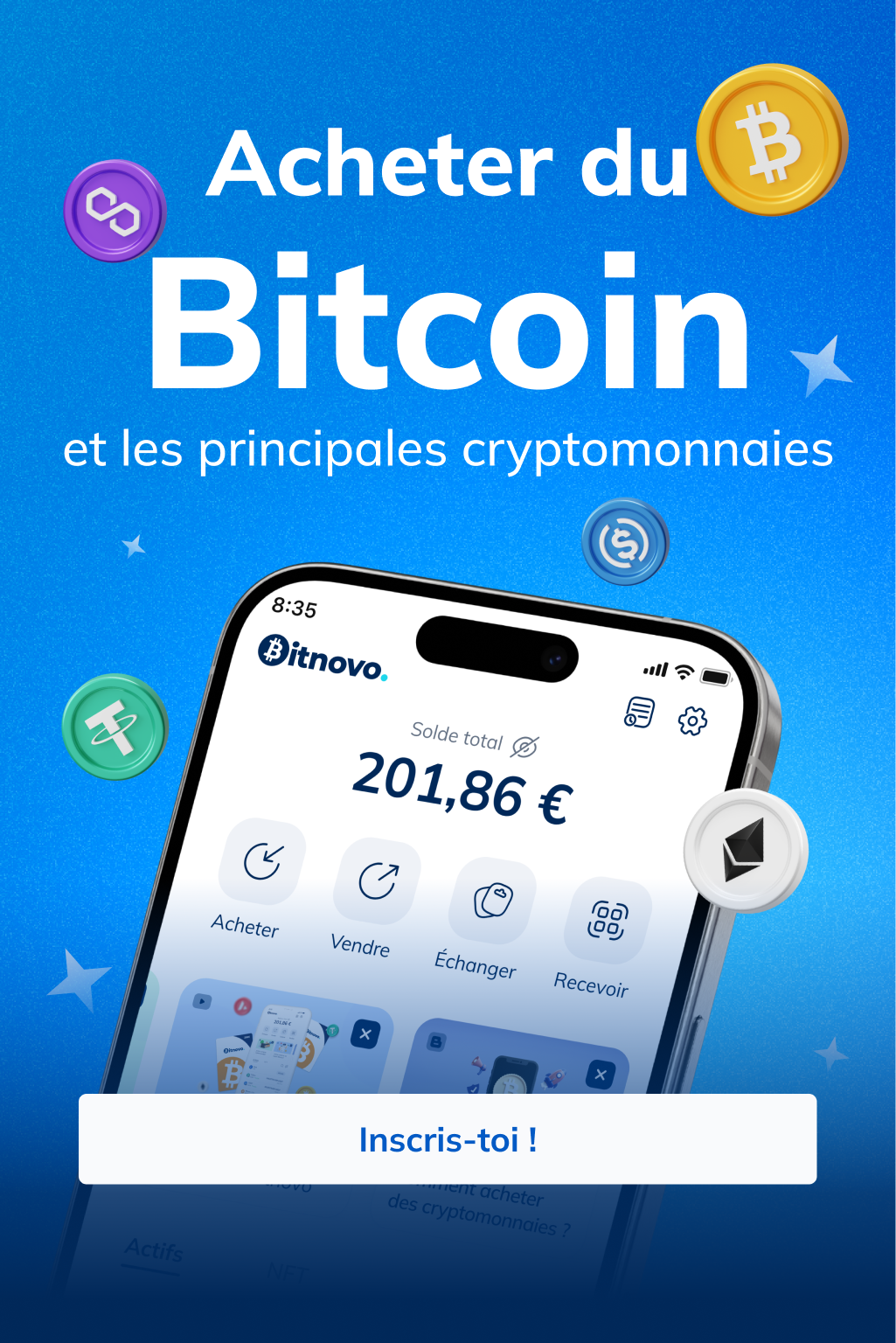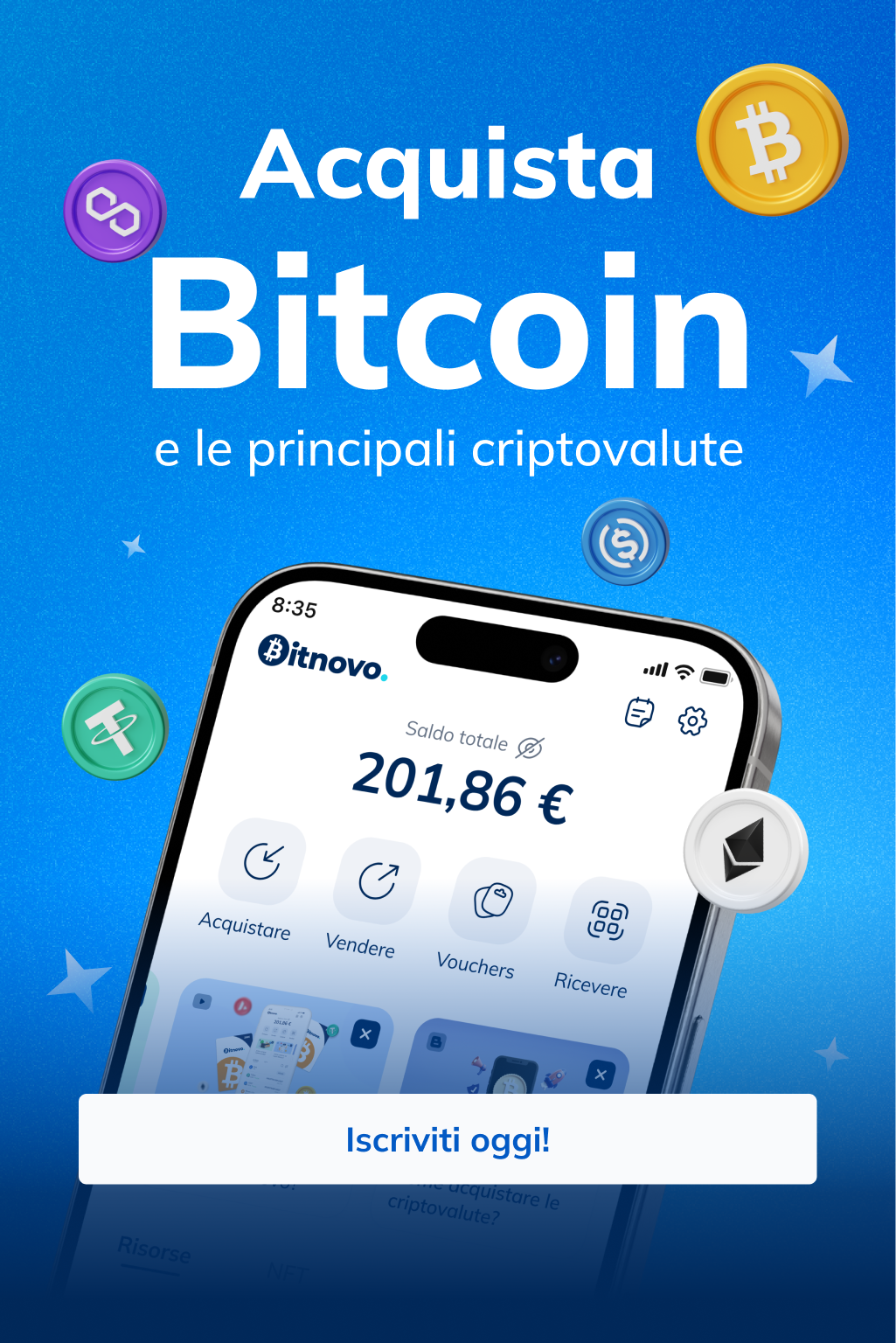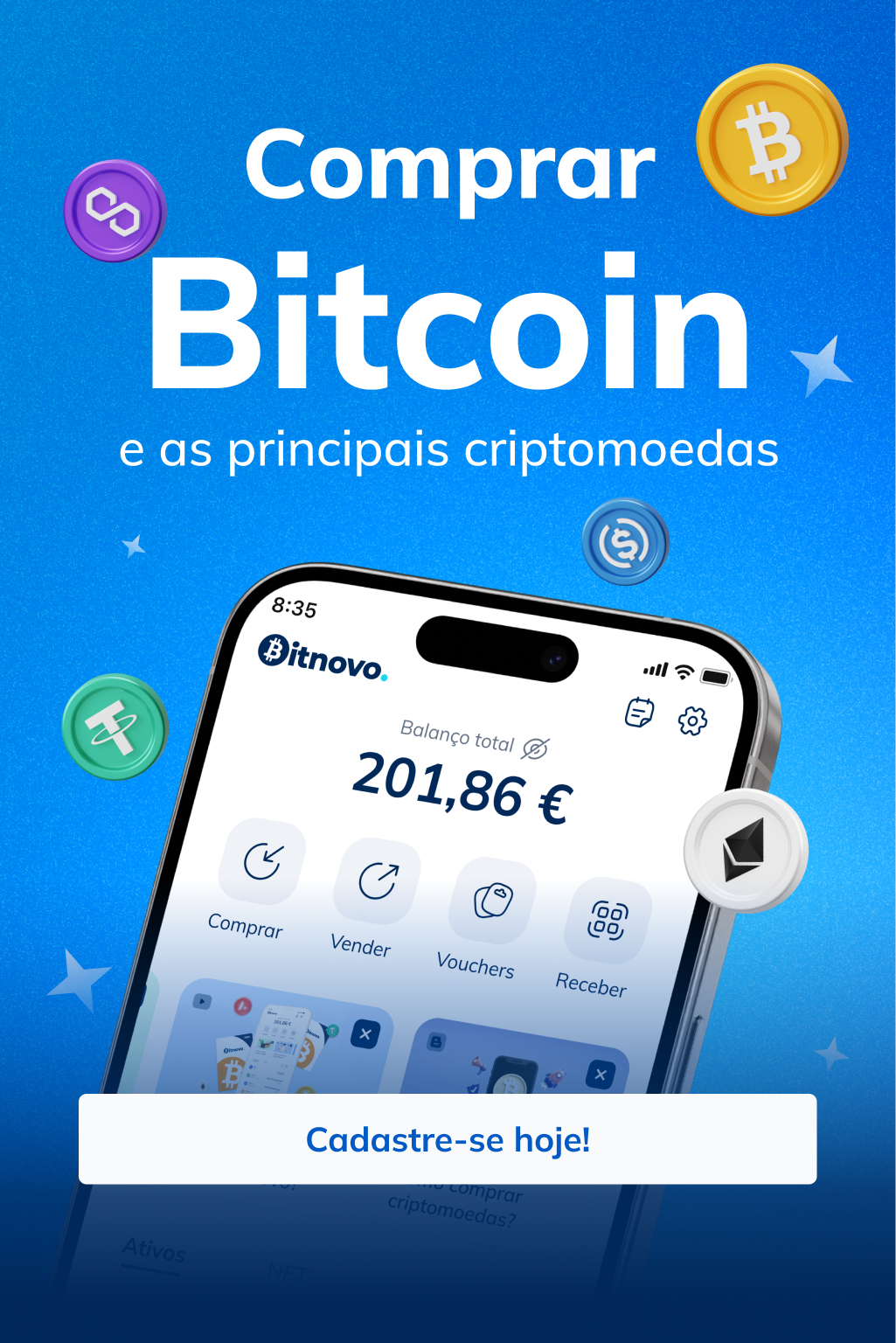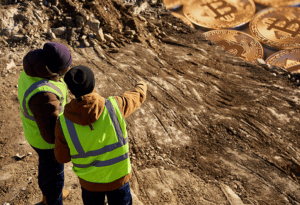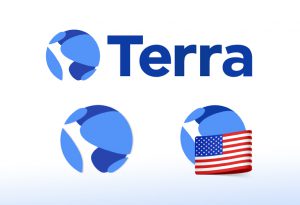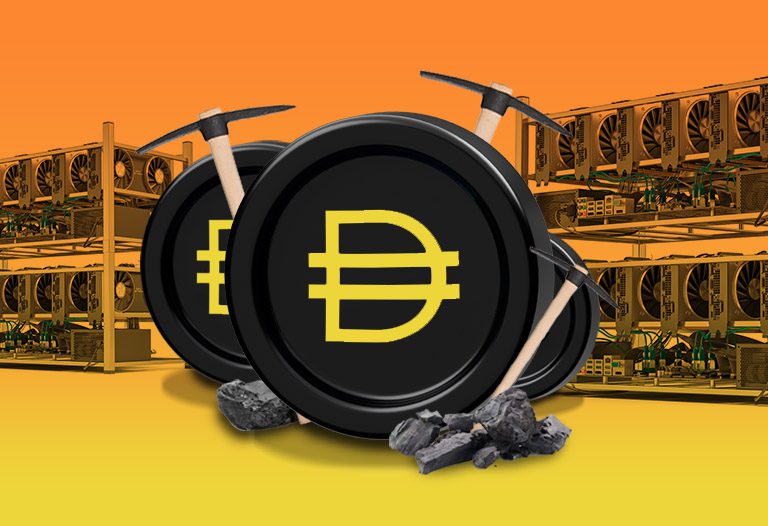
Table of Contents
ToggleThe title of this article reproduces a question that we regularly receive through our various channels of contact with Bitnovo users. The answer is simple and concise: it is not possible to mine DAI.
However, in order to eliminate any doubts and clarify the issue as much as possible, in this article I will explain the reasons why it is not possible to mine DAI and I will go over the process by which you can create new DAI units.
Why can’t I mine DAI?
The method by which new DAI are issued or created is extremely different from the process applied to mining cryptocurrencies. First and primary, DAI is a decentralized, over-collateralized stable coin whose management and creation is handled exclusively by Smart Contracts.
It is likely that the previous sentence may generate more doubts than certainties, but throughout the reading, I commit myself to eliminate any kind of confusion so that you will perfectly understand how each new DAI unit is created.
Before launching into the wonderful world of smart contracts that manage the mechanism by which new DAI are issued, it is necessary to shed some light on cryptocurrency mining.
What does it mean to mine a cryptocurrency?
The blockchain world is divided into 2 groups. On the one hand, there are the networks that achieve their consensus through the “Proof of Stake” system, while on the other hand, there are the chains that achieve it through “Proof of Work”.
In this second group is where mining exists. The process of validating transactions and creating new blocks in this type of network ends with the creation of new coins and is called mining.
As you are used to reading in this blog, there is nothing better than an example to shed light on an issue. Let’s know about mining, by means of the first cryptocurrency in history.
Transactions within the Bitcoin network are validated by miners. The task they continually perform is as follows:
- They take the transactions made by users, validate them and sort them into a block.
- When they have a block, they use their computer equipment to try to solve a highly complex mathematical problem by throwing a series of numbers at random.
- The miner who solves the problem, signs the block and adds it to the Bitcoin blockchain.
- Mining occurs in the first transaction of the new block. In it, the miner creates a transaction to himself an amount of BTC, currently 6.25, and in this way new bitcoins are created.
Mining is therefore the process by which, on chains governed by the “Proof of Work” consensus, miners create or issue new cryptocurrency through the computational power of their mining equipment and mathematical problem solving.
You may be wondering, but doesn’t Ethereum, until the “Merge” takes place, continue to be a “Proof of Work” chain? This is correct. But it is important to clarify, that on the network capable of supporting the largest smart contracts in terms of market capitalization, only the native currency, ETH, can be mined.
At the time of Ethereum’s creation, this mechanism, similar to bitcoin, was established to give birth to new units of ETH. DAI, on the other hand, is the fruit of Ethereum’s biggest creation, smart contracts. Therefore, mining does not come into the picture here, but the method for issuing DAI is the one we will discuss below.
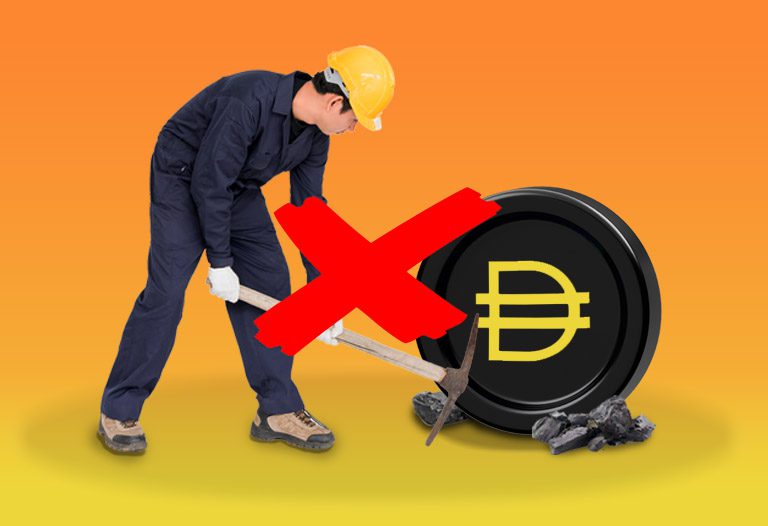
How are new DAI units created?
So, now we know what DAI is and why it is not a mineable cryptocurrency. But how are units of this stable currency created? Let’s review, once again, the process.
As I mentioned earlier, DAI is a decentralized stablecoin. This qualifier, about which I have written so much in this blog, indicates that there is no centralized entity behind the creation and management of DAI. DAI is managed by MakerDAO and its creation is materialized through a series of Smart Contacts. Let’s see how they have been configured.
Issuing DAI
To create new DAI units, we only need to go to any of the sites enabled for this purpose, one of the most used being the Oasis website. Once there, the next step is to open a “vault”.
In this “vault”, we will deposit our collateral in the form of a guarantee and we can, issue new DAI units. Decentralization is evidenced by the lack of interaction with an entity to issue new DAI. From an Ethereum wallet, after completing simple steps, new DAI’s are created.
As a not minor detail, our collateral must have a 125% ratio with the DAI we have issued, in order to guarantee the DAI’s parity with the dollar by means of an over-collateralization. Let’s see an example:
- Let’s suppose that, after logging into Oasis and connecting my wallet, I create a “vault”.
- In this vault, I deposit the equivalent of $125 in ETH.
- To sustain a ratio of 125%, the maximum amount of DAI to be issued is 100
- In the event that issuing 100 DAI and the price of ETH falls, generating a decrease in the value of my collateral I have two options:
- Return part of the DAI issued
- Integrate more collateral, reestablishing the ratio
In the event that neither action is taken, part of my collateral will be lost through an automatic action carried out by the Maker contracts, known as liquidation.
The magic of DAI and MakerDAO lies in the fact that throughout this process, the user has not had to interact with anything other than smart contracts.
Now, what happens if we want to recover our collateral? Simple, we return our DAI and the Maker contracts will enable the withdrawal of the DAI.
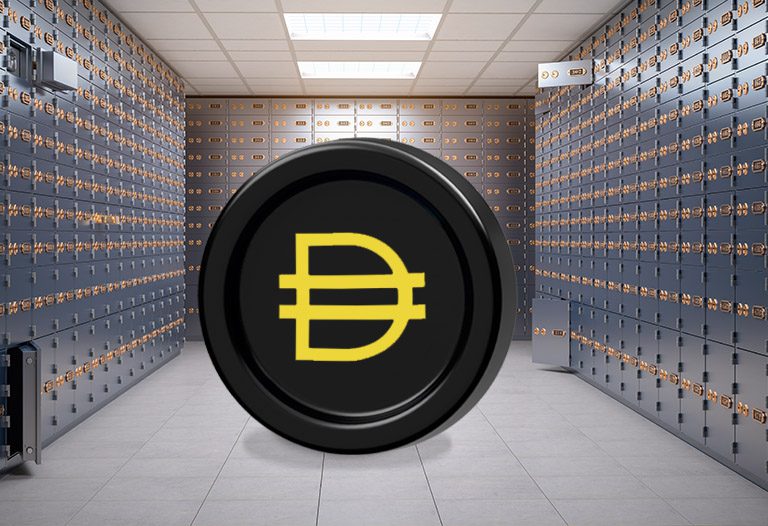
The future of DAI
DAI is a wonderful creation born from the very community formed around Ethereum and, to a large extent, enabled the explosion, in terms of adoption and development of decentralized applications, known as “DeFi Summer”.
There is little doubt that DAI is a product that should be looked after by all of us who are active in the crypto world. When we talk about DAI, we refer to a standard for the creation of stable decentralized currencies.
As major analysts in the crypto world have warned, decentralization faces stormy times in which it will have to fight big battles. Clearly, these wars will need DAI as the standard bearer for decentralization.
